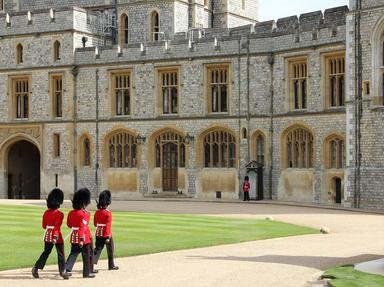
Henry at Court: Cognomina Mania! Quiz
Yikes! I need your help! The people at the King's Court are speaking some sort of secret language! Are they nicknames or what? Can you help me learn these cognomina? Quick!
A matching quiz
by ponycargirl.
Estimated time: 3 mins.
